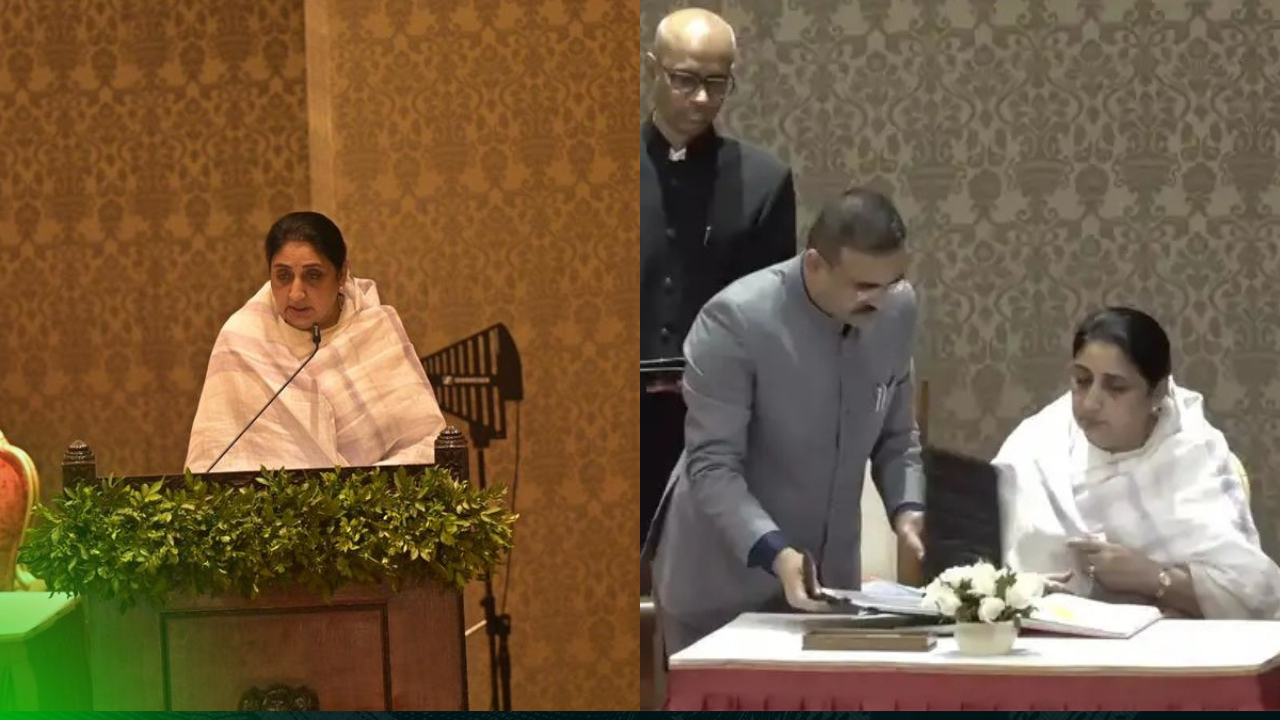Micro, Small, and Medium Enterprises (MSMEs) are the backbone of the Indian economy, contributing significantly to employment generation, GDP growth, and industrial output. However, these vital entities face a myriad of challenges that hinder their growth and sustainability. This article explores the key challenges faced by Indian MSMEs and offers actionable strategies to overcome them, enabling these enterprises to thrive in a competitive business landscape.
Challenges Faced by Indian MSMEs
1. Access to Finance:
One of the most pressing challenges for MSMEs is access to finance. Traditional financial institutions often consider them high-risk borrowers, leading to limited access to credit and capital. This hampers their ability to invest in technology, machinery, and expansion.
2. Technology Adoption and Upgradation:
Many MSMEs struggle with the adoption and upgradation of technology. Lack of awareness, affordability, and expertise in modern technologies hinders their ability to improve productivity and compete in the digital age.
3. Infrastructural Bottlenecks:
Inadequate infrastructure, including transportation, power supply, and communication networks, poses significant challenges for MSMEs. These bottlenecks result in higher operational costs and slower growth.
4. Skilled Workforce Shortage:
Finding and retaining skilled talent is a major challenge for MSMEs. They often face tough competition from larger companies that can offer better salaries and benefits, making it difficult for MSMEs to attract skilled employees.
5. Compliance Burden:
MSMEs often grapple with complex and time-consuming regulatory compliances. The burden of adhering to multiple laws and regulations can be overwhelming and diverts resources from core business activities.
Ways to Overcome the Challenges
1. Access to Finance:
Promote alternative sources of finance such as venture capital, angel investors, and crowdfunding platforms.
Government initiatives and policies should be focused on easing credit availability and providing incentives for lenders to support MSMEs.
2. Technology Adoption and Upgradation:
Encourage technology training and workshops to build awareness and improve digital literacy among MSME owners and employees.
Offer subsidies or tax benefits for MSMEs investing in technology upgradation and modernization.
3. Infrastructural Development:
Government and private sector collaboration is essential to improve infrastructure and address bottlenecks.
Special economic zones and industrial clusters can be developed to provide MSMEs with access to better infrastructure.
4. Skilled Workforce Development:
Collaborate with educational institutions to create skill development programs tailored to the needs of MSMEs.
Offer attractive compensation packages, growth opportunities, and a positive work environment to retain skilled employees.
5. Simplification of Regulatory Compliances:
Introduce a single-window clearance system to streamline and simplify regulatory procedures for MSMEs.
Provide online platforms and resources to help MSMEs understand and comply with various laws and regulations.
Indian MSMEs play a pivotal role in driving economic growth, fostering innovation, and generating employment opportunities. However, they face a host of challenges that require prompt attention and strategic interventions. By addressing the hurdles related to finance, technology, infrastructure, talent, and compliance, the government, industry bodies, and stakeholders can create a conducive environment for MSMEs to thrive and contribute more effectively to India’s economic development.
In the pursuit of a self-reliant and vibrant economy, empowering MSMEs becomes a crucial imperative. The challenges faced by MSMEs should be viewed as opportunities for innovation, collaboration, and sustainable growth. By working collectively to overcome these obstacles, the nation can unlock the immense potential of Indian MSMEs, ensuring a brighter and more prosperous future for all.






